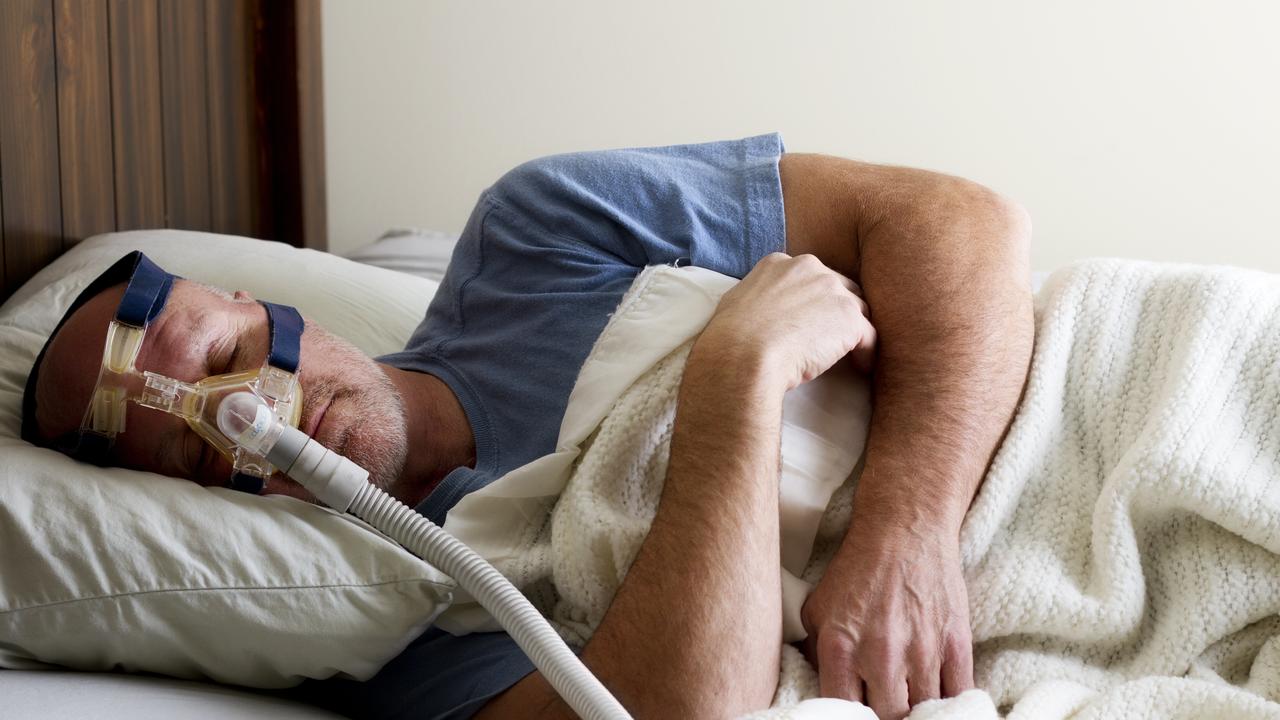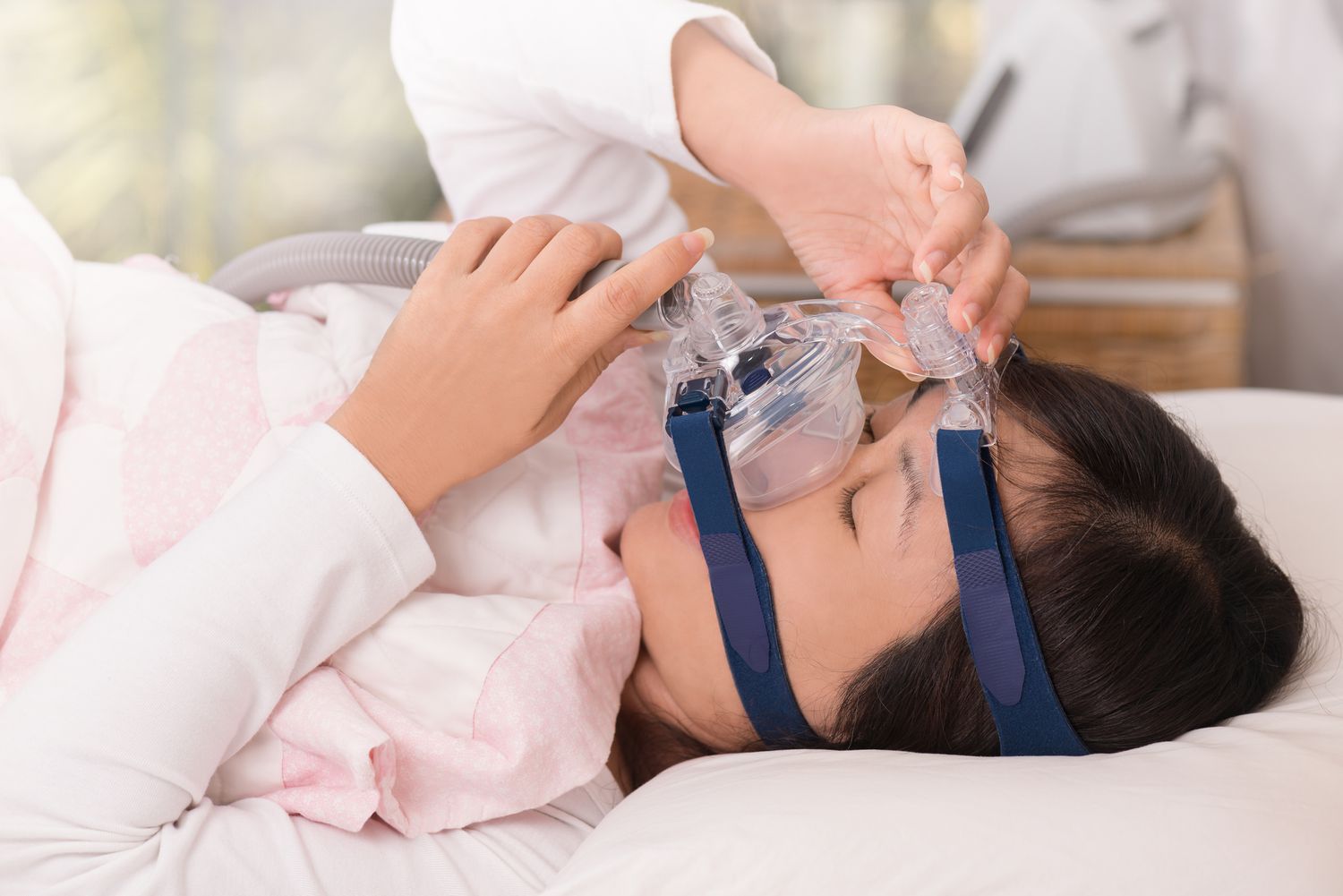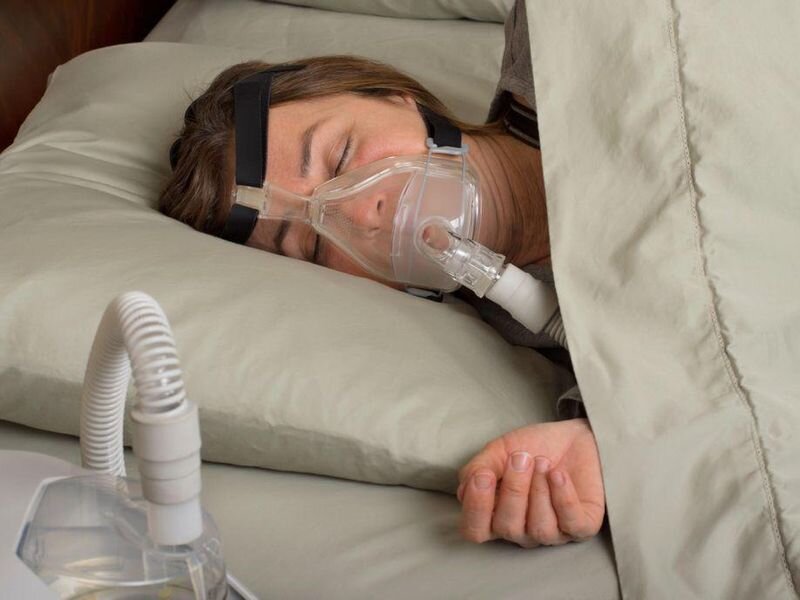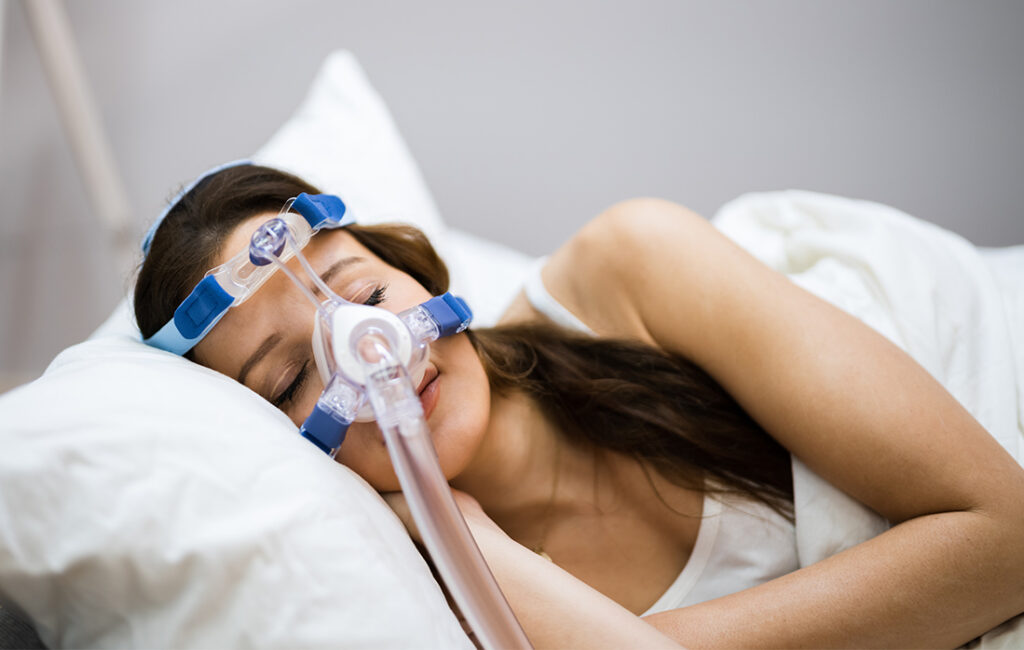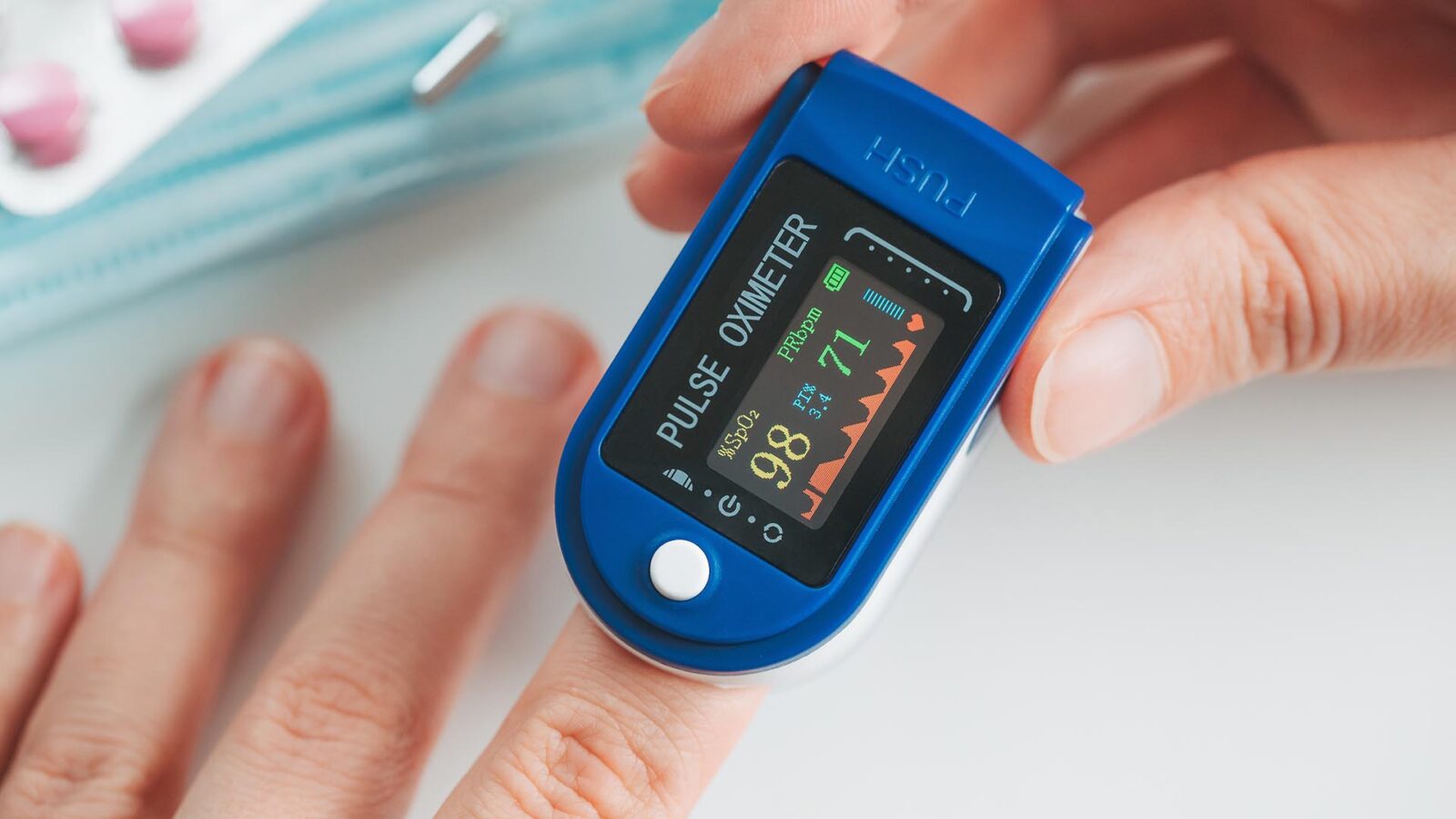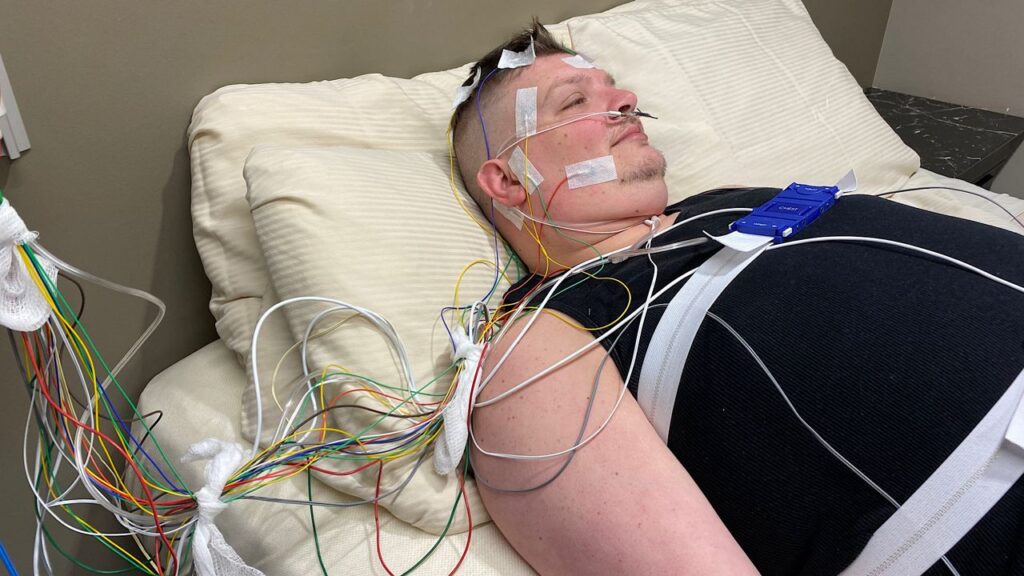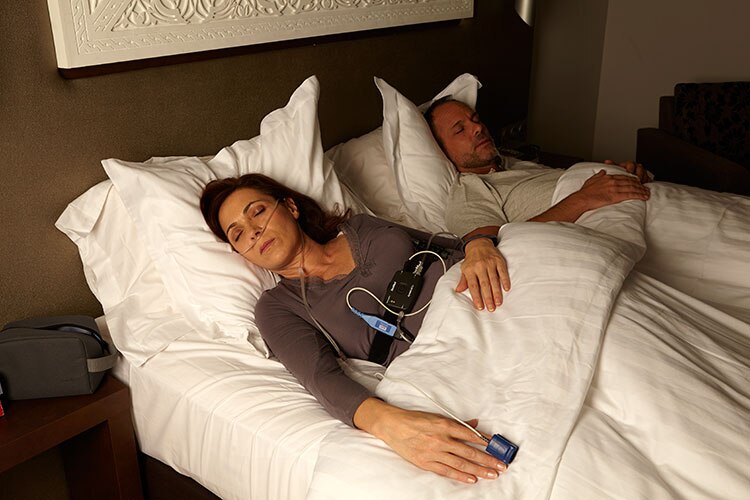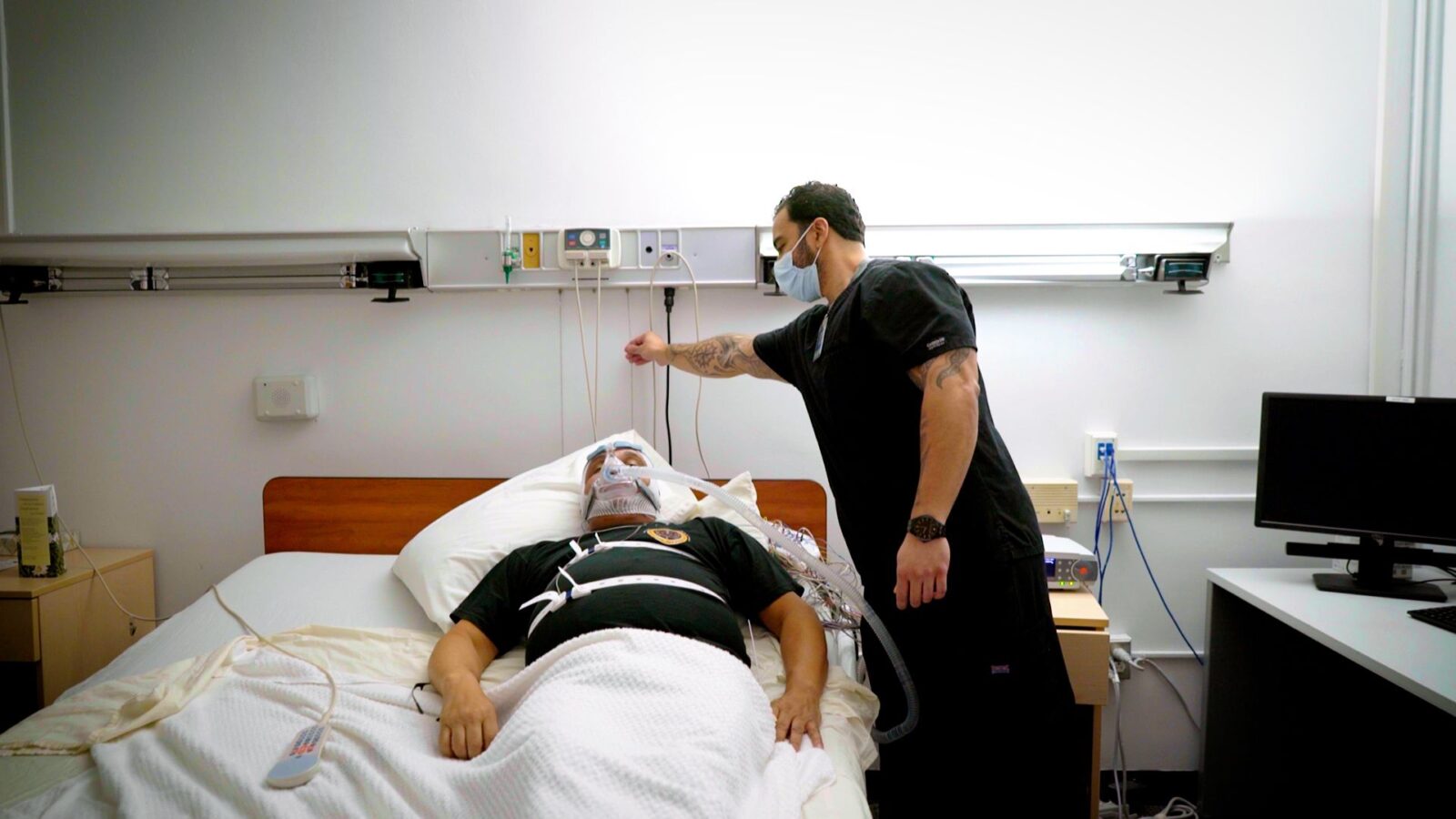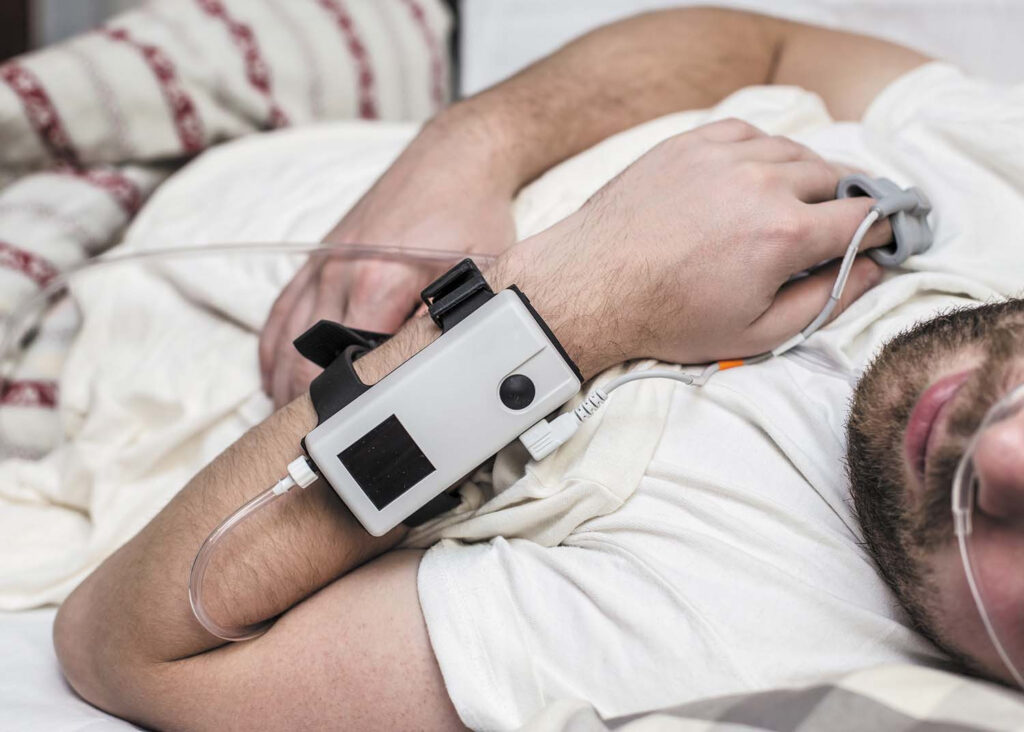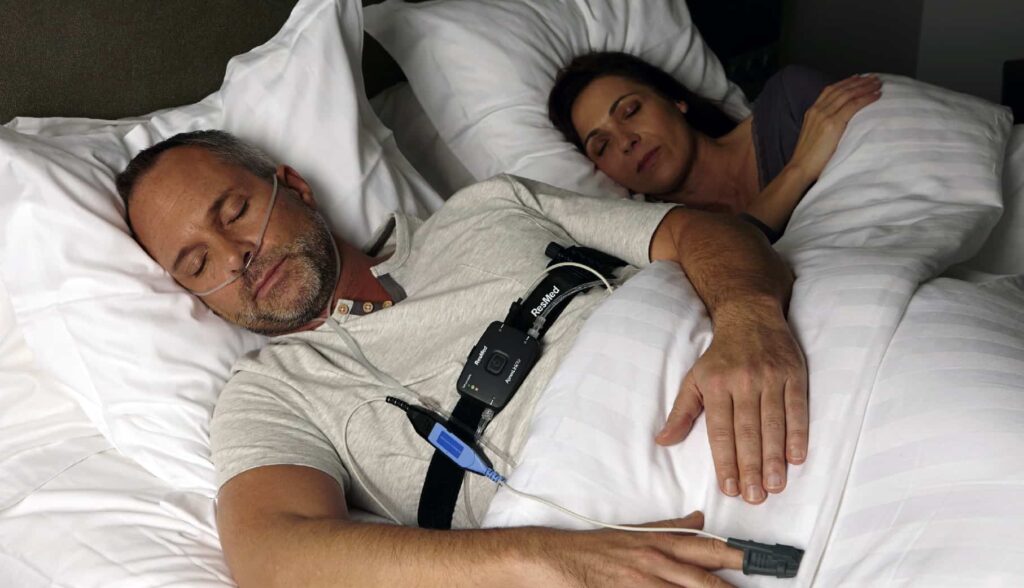Sleep studies are an essential diagnostic tool used to evaluate and diagnose various sleep disorders. However, many individuals are often hesitant to pursue a sleep study due to concerns about the cost involved. In this article, we will delve into the various factors that influence the cost of sleep studies in Australia and explore the average expenses across the nation. Additionally, we will discuss how to prepare for a sleep study and interpret the results, ensuring you are well-informed before undergoing this important procedure.
Understanding Sleep Studies
Sleep studies, also known as polysomnography, are non-invasive tests that monitor your brain activity, heart rate, breathing patterns, and other physiological functions while you sleep. These tests help sleep specialists diagnose sleep disorders such as sleep apnea, insomnia, narcolepsy, and restless leg syndrome, among others. By analyzing the data collected during the sleep study, healthcare professionals can provide accurate diagnoses and develop appropriate treatment plans.
When considering the Sleep Study Cost Australia, one must also take into account the expertise and experience of the healthcare professionals conducting the study. Sleep studies are often overseen by sleep specialists or pulmonologists with specific training in sleep disorders. The level of expertise and the reputation of the healthcare facility can influence the overall cost of the study.
What is a Sleep Study?
A sleep study typically involves spending a night in a sleep laboratory under the supervision of professionals. Electrodes are placed on specific areas of your body to monitor brain waves, eye movements, muscle activity, and heart rhythm. Additionally, sensors record your breathing patterns, oxygen levels, and snoring intensity. This comprehensive data allows sleep specialists to evaluate the quality and quantity of your sleep, identify issues, and recommend treatment options.
Importance of Sleep Studies
Sleep disorders can significantly impact your quality of life and overall health. Left undiagnosed and untreated, sleep disorders can lead to serious health complications such as cardiovascular diseases, obesity, diabetes, and even mental health disorders. Sleep studies are crucial in identifying the root cause of your sleep problems, enabling healthcare professionals to develop personalized treatment plans tailored to your specific needs.
During a sleep study, the sleep laboratory is designed to create a comfortable and relaxing environment that mimics a typical bedroom. The room is dimly lit, with a cozy bed and soothing decor to help you feel at ease. The sleep technicians who monitor your sleep are highly trained professionals who ensure your safety and comfort throughout the night.
Once you are settled in the sleep laboratory, the electrodes and sensors are carefully placed on your body. The process is painless and non-invasive, with the electrodes securely attached using a mild adhesive. The sensors are connected to monitoring equipment that records and analyzes the data in real-time, providing valuable insights into your sleep patterns.
After the sleep study is complete, the collected data is thoroughly analyzed by sleep specialists. They meticulously review the information to identify any abnormalities or disruptions in your sleep. This analysis includes examining the duration and quality of each sleep stage, the presence of any breathing or movement disorders, and any other factors that may be affecting your sleep.
Based on the findings of the sleep study, sleep specialists can then develop a personalized treatment plan tailored to your specific needs. This may involve lifestyle modifications, such as improving sleep hygiene or making changes to your sleep environment. In some cases, medical interventions such as continuous positive airway pressure (CPAP) therapy or medication may be recommended to address underlying sleep disorders.
Overall, sleep studies play a crucial role in understanding and managing sleep disorders. By providing detailed information about your sleep patterns and physiological functions, these tests empower healthcare professionals to accurately diagnose sleep disorders and develop effective treatment strategies. So, if you are experiencing sleep problems, don’t hesitate to consult a sleep specialist and consider undergoing a sleep study for a better night’s rest and improved overall well-being.

Factors Influencing the Cost of Sleep Studies in Australia
The cost of sleep studies can vary depending on several factors. It’s important to understand these factors to have a better idea of the expenses involved. Find more about sleep study Geelong: assessing sleep health in Victoria visit https://resp-o-rator.com/sleep-study-geelong-assessing-sleep-health-in-victoria/
Type of Sleep Study
There are different types of sleep studies, ranging from basic overnight studies to more complex multiple-night studies that evaluate specific conditions. The type and complexity of the study required for your case can influence the overall cost.
In some cases, specialized sleep studies may be necessary to diagnose rare or complex sleep disorders. These studies may involve advanced monitoring equipment and specialized techniques, which can contribute to higher costs compared to standard overnight studies.
Location and Facilities
Geographical location plays a role in sleep study costs. Major cities generally have a higher cost of living, which can reflect in the expenses associated with sleep studies. Additionally, the quality and facilities offered by the sleep centers can also impact the overall cost.
State-of-the-art sleep centers equipped with the latest technology for monitoring and diagnosing sleep disorders may charge higher fees due to the investments in advanced equipment and facilities. These centers often provide a more comprehensive evaluation of sleep patterns and disorders, leading to a more accurate diagnosis and tailored treatment plan.
Insurance and Medicare Coverage
Insurance coverage and Medicare benefits can significantly reduce the financial burden of sleep studies. It is essential to check with your insurance provider or Medicare for coverage details and reimbursement options before proceeding with a sleep study. Find more about insurance and medicare coverage visit at https://www.medicare.gov/what-medicare-covers/your-medicare-coverage-choices/whats-medicare
Some insurance plans may require pre-authorization for sleep studies, while others may have specific criteria that need to be met for coverage. Understanding your insurance benefits and out-of-pocket expenses can help you plan for the financial aspect of undergoing a sleep study.

Average Cost of Sleep Studies Across Australia
The cost of sleep studies varies across different regions in Australia. Generally, sleep studies in major cities tend to be more expensive compared to rural areas due to the higher cost of living. However, it is important to note that individual sleep centers may have their own pricing structures and variations.
When considering the cost of a sleep study, it’s essential to understand the factors that contribute to the overall price. These factors may include the type of sleep study being conducted, the credentials of the healthcare professionals overseeing the study, the duration of the study, and any additional services provided during the process.
Cost in Major Cities
In major cities such as Sydney, Melbourne, and Brisbane, the average cost of a sleep study can range from $1000 to $2500. The price may include professional fees, equipment usage, and the interpretation of sleep study results.
Furthermore, in major cities, patients may have access to state-of-the-art sleep centers that offer advanced technologies and specialized care. These facilities may have higher overhead costs, which can contribute to the overall price of the sleep study.
Cost in Rural Areas
Rural areas often have sleep centers that offer more affordable options. The average cost of a sleep study in these areas typically ranges from $500 to $1500. It is important to research and compare different sleep centers to find an option that fits your budget without compromising quality.
Additionally, some rural areas may have sleep centers that focus on specific sleep disorders or offer unique treatment approaches. Patients in these regions may benefit from personalized care that addresses their individual needs, potentially leading to more effective outcomes.
How to Prepare for a Sleep Study
Before undergoing a sleep study, it is crucial to be well-prepared. Follow these guidelines to ensure a successful experience:
Preparing for a sleep study involves more than just showing up at the sleep center. It’s essential to mentally prepare yourself for the experience as well. Try to relax and clear your mind before the study to ensure a more accurate representation of your typical sleep patterns. Engaging in calming activities such as reading a book or listening to soothing music can help set the right tone for a restful night’s sleep during the study.
Pre-Study Checklist
- Follow any specific instructions provided by your healthcare provider, such as avoiding stimulants like caffeine and maintaining a regular sleep schedule.
- Pack comfortable sleepwear and personal items that will help you relax during the study.
- Inform the sleep center about any medications or health conditions you have.
- Arrange transportation to and from the sleep center, as you will not be able to drive immediately after the study.
Additionally, it’s beneficial to keep a sleep diary leading up to the study. Note down your bedtime routines, any disturbances during the night, and how you feel upon waking. This information can provide valuable insights to the sleep technician conducting the study.
What to Expect During the Study
Upon arriving at the sleep center, a sleep technician will explain the procedure and attach the necessary sensors to your body. The technician will monitor your sleep throughout the night …

